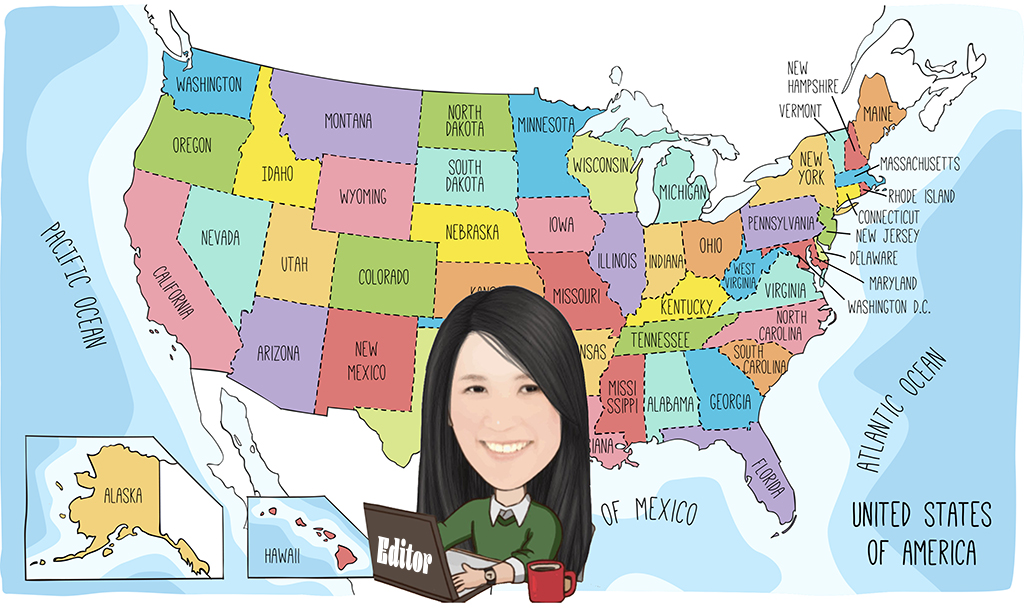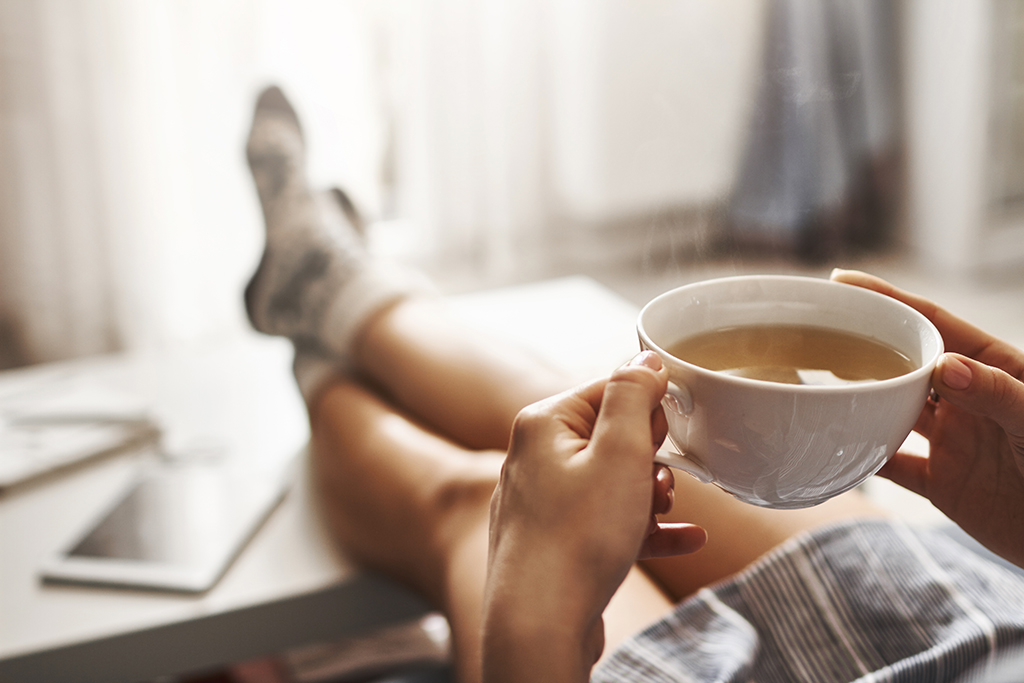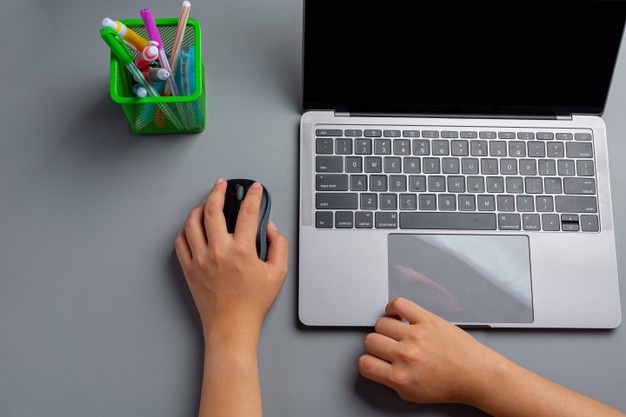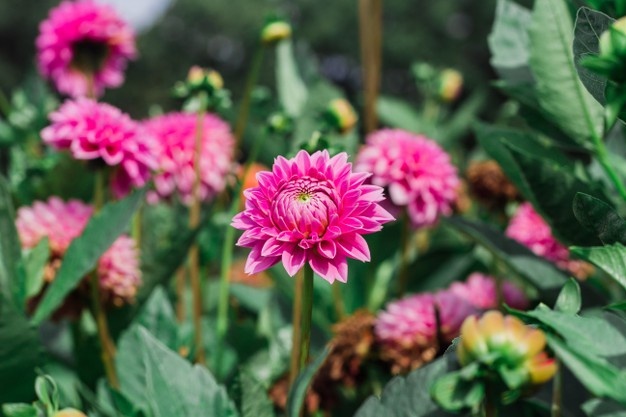By Assunta Ng
NORTHWEST ASIAN WEEKLY
Last summer, I had predicted life would be back to normal by this September. I had imagined myself traveling on a Nile cruise, being mesmerized by the pyramids, sipping a glass of freshly-squeezed orange juice, and celebrating that the virus is under control.
But I was wrong. Not only has Covid not been defeated, it is very much alive with all kinds of variants. The number of deaths and infections have climbed lately. Hospitals are now fully occupied with Covid patients on ventilators and medical professionals who are exhausted. They have begged people to wear masks and get vaccinated because the hospitals are overwhelmed.
Stuck at home and going nowhere, I have every reason to be upset. I have every right to be mad at those who are anti-mask and spread fake theories about vaccines. I should, but I choose not to. The storm that was once inside me had subsided months ago. I am not about to give in to the virus or to be affected by those who are insane. It is easier said than done. But I am practiced at looking at bad news from a distance and not letting it affect me. Make use of the pandemic to pursue better things in life.
I told my staff member Nancy about this blog topic.
“But you have written about this before,” she said, “how to make good use of the pandemic.”
“There is a difference,” I explained. “I wrote earlier with the assumption that the virus is going to end soon. Now, it looks like Covid will be here for a while.” My new philosophy is, we have to teach ourselves to live with uncertainties for a while. How do we embrace ambivalence without feeling lost? I don’t have all the answers. But I can share with you some of my coping mechanisms.
Accept the inevitable
It’s obvious that masks will be here for a while, even after Covid is over. Get used to it, even if you hate masks. Stay away from people who don’t wear masks.
There are other undesirable trends, such as social distancing. If there are crowds, you should have your mask on. I didn’t believe in masks at the beginning of Covid. It’s now recognized as a tool to save lives, and can make the difference between life and death. Masks are now my companion. To make it fun, I even bought fashionable masks, some with sparkling fake diamonds and customized masks to match my outfits.
The other issue is vaccines. We may need to get vaccinated every year. I don’t mind that either. I am glad none of my family members have objected to vaccines. This is a contentious topic among families, friends, and co-workers in the workplace.
For some businesses, the office has become obsolete. Representing our image, success, and hard work, the Northwest Asian Weekly’s office has been graced by visits from governors and many elected officials, and Olympians such as Apollo Ohno and Michelle Kwan. Now, it’s closed and visitors are not welcome. Some people might be sad at how Covid destroyed everything. Yet, I am content because we have accomplished the impossible. Our office is merely a symbol of our success, it doesn’t show our real work. I am more proud that my team is able to pull together a product every week without fail—a fresh issue of the Asian Weekly and Seattle Chinese Post, in print and online, throughout the pandemic and without coming into the office.
The good side of the pandemic
The pandemic has led to innovations by nonprofit organizations, as I wrote last week. It has trained us to be flexible and resourceful. What can we do to make the best out of this Covid chaos?
At the beginning of the pandemic, I didn’t think the Northwest Asian Weekly could survive. But we kept going, seizing every opportunity we could from grants to loans. We produced more special issues than before the pandemic. We created opportunities when there wasn’t much to begin with. It was just an idea and we were able to create each issue from scratch to something beautiful. These opportunities existed only because of the pandemic.
For us, we don’t require our employees to have office hours as long as they can get their work done. What guides us every week to publish on time is our deadline.
It’s amazing that our employees and writers have rarely missed their deadlines. Their resourcefulness and sense of responsibility to get the job done, no matter what obstacles they face, won us an impressive number of journalism awards during the height of the pandemic.

Graphic by Han Bui
Remote work has given our freelance writers the freedom to work on their other jobs. The flexibility has allowed my people to fulfill their dreams. My editor Ruth has traveled more than ever before. So far, she has already made 10 trips, including Hawaii, Mexico (twice), Jamaica, California (numerous times), Michigan, and Las Vegas (twice). As long as you have a laptop and internet connection, you can work from anywhere in the world. One time, she even covered a local candidate’s Zoom press conference from Mexico.
The fact is, the pandemic has given us choices and the benefit of “time.” Through remote work, we save a lot of time so we can take care of other essential things in our daily lives. In the past, procrastination was my way of dealing with essential tasks, and I even pretended those tasks didn’t exist. With fewer distractions at home than in the office, my employees and I get a lot more done than before.
Reframe our perspectives
Our country is facing many crises, and my inconvenience is small compared to those who are suffering from the virus and Covid-related tragedies, and those who have been impacted by the recent calamities.
First, close to a million people in Louisiana have no power, water, and gas because of Hurricane Ida. Countless people watched in horror as their homes vanished overnight, and are now stranded in shelters. What a mess it was in the aftermath. Added to their tragedy is the oppressive heat of close to 100º in Louisiana. And here we are in the Greater Seattle area, as we have escaped natural disasters like hurricanes and wildfires in Nevada and California.
Our temperature has been wonderful in the 70s, pleasant, warm, and sunny. When I looked out the window last week, the sky was clear blue with heavenly, wavy clouds. It was quite a sight. Compared to Louisianans, who are forced to deal with fierce hurricanes year after year and contemplating moving away, we Seattleites have been more than blessed.
Our weather has been dry lately, and I wish we had some rain. Then I watched network news and saw the rainstorms on the East Coast last week. It flooded many cities and killed a number of people. I called my cousin living in New Jersey.
“Cousin, are you okay?” I asked.
“Yes,” he said. “It rained so hard for six days that my office had to shut down. It has no power. We haven’t been going anywhere because of Covid, not just because of the rain.”
Wow, it’s wonderful that I am able to walk in a park every day, enjoying the late summer weather. And my cousin isn’t even grumbling. What’s important to him is that his family is safe at home, everyone has been vaccinated, and they all have jobs. After hanging up the phone, I just told myself, “Life is still good…I am so fortunate.”
Stop blaming
It’s okay to rant from time to time. But don’t waste too much time in hateful and useless thoughts because it will make you depressed. Spending your time in constructive thinking and action is good therapy.
What are constructive actions? Thinking about what you can do for others is the beginning for constructive thoughts and actions. It doesn’t take a lot to light up someone’s day. The other day, I saw someone cleaning the streets in the Chinatown-International District (CID). It’s so filthy, I pity those cleaners. So my husband and I gave them $2. They were so happy and their smiles were big. So far, we have given to five cleaners. If you don’t want to give them money,
just say, “Thank you for your work.” It shows that you recognize their contributions.
Try to understand other people and their motives. You don’t have to win every argument. I usually don’t argue or criticize friends who have already made up their mind. I listen and respect their views, but I stick with my beliefs. You may share Dr. Jill Biden’s words in an essay for Time magazine when talking to those who are against vaccines.
“We must remember that our enemy is the virus, not one another.”
I have learned that every person has their strengths and weaknesses. Just let me learn their merits and I am the ultimate winner.
You don’t have to win every battle. Also, you have a choice and you don’t have to be friends with everyone.
Improve your quality of life

I have written about self-care before. And it’s useful to remind everyone to use your time wisely for better health. With remote work, we have gained the “gift of time” to exercise, take breaks, eat regularly, and sleep well. While working in the office, I never remember to keep myself hydrated. But at home, I get up after working every half an hour for a sip of water, stretching, eating a snack, or listening to some music. My body is much less stressed these days.
Before Covid, I shopped once or twice a week. What I ate was not usually fresh. I aimed for convenience instead of my health. Now, I shop for fresh produce, seafood, and meat every day. My energy is better than it was pre-pandemic. This is one of my new healthy habits, and I intend to keep it.
Challenge my brain

Studies have found that when you do something new every day, you improve your brain. It’s called neuroplasticity.
Some suggest learning a new word every day. That is not enough for me. You can challenge yourself to do something more. Instead of studying a word a day, how about memorizing a whole new song? It may take you longer, but it’s great training for your memory. Lately, I have been challenging myself to use my left hand.
If you are right-handed like me, and you stop using your left hand, one side of your brain will become dormant.
Lately, I have challenged my left hand to do more, including cutting, folding, and cooking. Every day, it gets easier. It’s difficult to eat left-handed with chopsticks or cut my toenails. It’s also rewarding to explore your own capacity or limitations when trying new things.
Creative living

Inspired by articles on creative living, I have changed the way I shop and the products I buy. Skincare products at Nordstrom were my choice before Covid as I loved the samples the salespersons gave me. Now, I’ve changed to counter cosmetics and use a variety of brands. It’s so much more fun to experiment.
Do one fun thing a day. My friend just shared with me how fun it was to go bar hopping. She and her relative tried three bars in one night. It’s not my kind of fun. But you can create your own excitement every day outside your home, especially if you have been inoculated.
For fun, I volunteered to organize a CID tour for Rotarians, including visiting a boba tea shop and having dinner afterwards. This would support businesses in our community. You can organize your own hikes, karaoke hours, movie nights, lunches, and chess nights with friends or in your neighborhood. You can even go shopping with friends to search for the most healthy foods in supermarkets or farmers markets.
If you have a beautiful garden like my fellow Rotarian, a stunning Dahlia garden, you can invite your friends to come and cut the flowers. You can develop your own list of fun.
Assunta can be reached at assunta@nwasianweekly.com.



